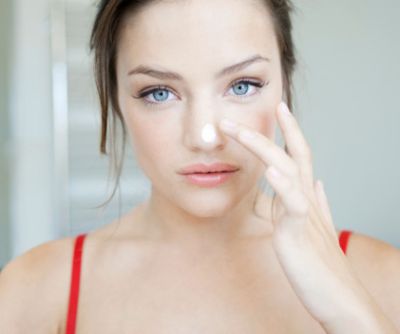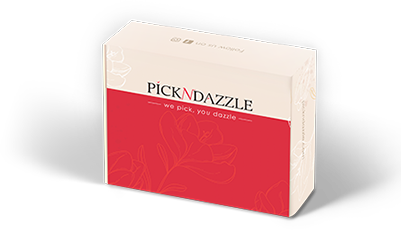As New York dermatologist Dr. Paul Jarrod Frank puts it, they're “the most useful anti-aging ingredient around.” Dr. Anne Chapas considers them to be “a first-line agent for acne.”
But how effective are they? In order to whack through the weeds of skin-care folklore, the Cut called dermatologists to find out exactly how retinoids work and how to tell if you need them.
All retinoids are derivatives of vitamin A. Depending on how it’s formulated, a retinoid will appear over the counter with names like “retinol” and “retinaldehyde." Prescription-strength retinoids are known as adapalene or tretinoin (which includes the popular brand names Renova and Retin-A). It's all a bit confusing. What's important to know is that all retinoids, whether weaker over-the-counter formulas or prescription-strength, can help your skin get smoother. Overall, it takes at least a month to begin to notice any skin improvement.
They work best at preventing pimples. Acne develops when dead skin cells clog pores. Topical retinoids increase skin cell turnover, which makes it harder for oil to block pores (and create pimples). Dr. Chapas recommends applying a pea-size amount of topical vitamin A to the face at night. Consult with a dermatologist, who may recommend a synthetic form of vitamin A like Differin, which is proven to stop acne over time.
They do work on reducing wrinkles. The same process that reduces acne also helps produce collagen, which will help you get firmer, plumper skin (like a 16-year-old version of yourself). Because vitamin A increases the rate of collagen production, thin lines and wrinkles are visibly reduced in a matter of weeks. Dr. Alexiades-Armenakas says that anyone looking to lessen the appearance of wrinkles should expect to notice results in about a month.
They help get rid of skin blotches, too. Retinoids indirectly assist with hyperpigmentation — darkened spots on the skin caused by acne or general aging. The skin-peeling effect of vitamin A can diminish the appearance of those spots over time. Just don’t expect results immediately. “It’s like taking an Advil and expecting it to work in a minute,” Dr. Frank says.
There are, of course, some side effects. Retinoids can cause redness, peeling, and overall skin irritability — and, if you have sensitive skin, you should be especially careful. Dr. Alexiades-Armenakas recommends applying a retinoid at night to limit sun sensitivity. If you want to try one out, it’s best to begin with the less potent over-the-counter forms of retinoids before launching into a prescription to see how it may affect your skin.
Source: The Cut





